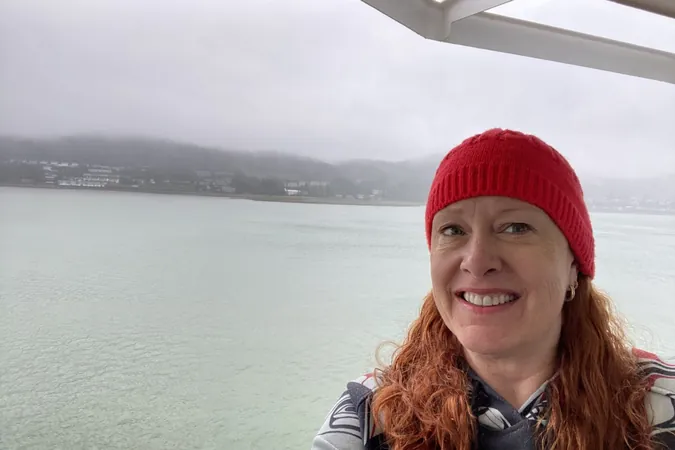
Navigating Breast Cancer: Vital Screening Insights and Support Options in qathet
2024-10-12
Author: Jacob
As October marks Breast Cancer Awareness Month, the Canadian Cancer Society (CCS) emphasizes the critical role of early detection through breast cancer screening. This proactive approach significantly enhances the possibility of effective treatment, catching the disease before symptoms emerge.
For those faced with a breast cancer diagnosis, the journey can be overwhelming. Nanette Kapitan, a survivor whose life transformed post-diagnosis in 2013, recalls the confusion and lack of resources available to women undergoing post-surgery care, particularly concerning garments like bras and prosthetics after lumpectomy or mastectomy.
Kapitan's experience revealed a gap in the support systems available for women recovering from breast cancer treatment. “It's disappointing that doctors often don’t provide adequate information regarding comfort items,” she stated. “Compression can be incredibly beneficial post-surgery.”
Upon relocating from Calgary to the qathet region, Kapitan recognized this pressing need in her new community. Driven to support other women, she founded “Kompassion for Kups at the Krossing,” where she specializes in providing essential resources for those navigating their breast cancer journeys. She began sourcing quality post-surgery garments from Anita, a reputable European company known for its durable and thoughtfully designed products.
Although she started the service to help individual clients, Kapitan's outreach expanded to local pharmacies and community health resources like FETCH. She also made significant connections with the Tla'amin First Nation, addressing the unique challenges faced by Indigenous women in the area, who statistically encounter higher barriers to timely diagnosis and treatment.
The CCS signals an alarming statistic: one in eight women will receive a breast cancer diagnosis in their lifetime. While the recommended age to initiate breast screening is traditionally 50 in Canada, many advocacy groups now urge the age to be lowered to 40— especially as recent studies show a worrying rise in breast cancer rates among younger women.
In particular, the increased incidence among women in their 20s and 30s highlights the need for awareness and action. The Canadian Task Force on Preventive Health Care (CTFPHC) now supports breast screening access for women aged 40-49, aiming for early detection when treatment success rates peak.
Complicating matters further is the issue surrounding dense breast tissue. For women with dense breasts, traditional mammograms may not be as effective, as both dense tissue and tumors appear white on the scans. Kapitan, who has been proactive about her health since her twenties due to her dense breast condition, recognizes the importance of tailored screening.
Her company not only offers garments designed for comfort and recovery but also provides essential fittings in the solace of her clients' homes—understanding that many women find comfort in familiar surroundings during their healing process. The garments are wire-free, feature soft silk lining, and include pockets for prosthetics, ensuring both support and dignity.
In addition to offering products and services, Kapitan champions the significance of lifestyle choices in fostering recovery and resilience. “I’m doing well now,” she shared, reflecting on her personal health journey. She emphasizes fresh, homegrown produce, mindful dietary choices, and the importance of reducing processed foods as integral to her well-being.
Women in the qathet region seeking breast cancer screenings can schedule mammograms at qathet General Hospital, with free services available for those aged 40 and up through the Screening Mammography Program of BC. Appointments can be made by calling the BC Cancer Screening Programs Client Services Centre directly.
For those interested in exploring more about Kapitan’s support services or breast cancer awareness initiatives, her website, kompassion4kups.ca, provides additional details. Anyone in need can also reach out via email or phone for guidance and assistance.
Breast cancer awareness goes beyond the month of October—it’s a year-round commitment to protecting health, educating communities, and supporting those affected. Early detection can indeed save lives, and every woman deserves access to the resources and support needed on this challenging journey.




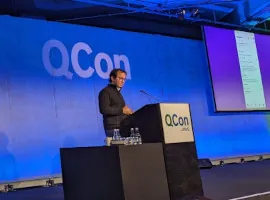
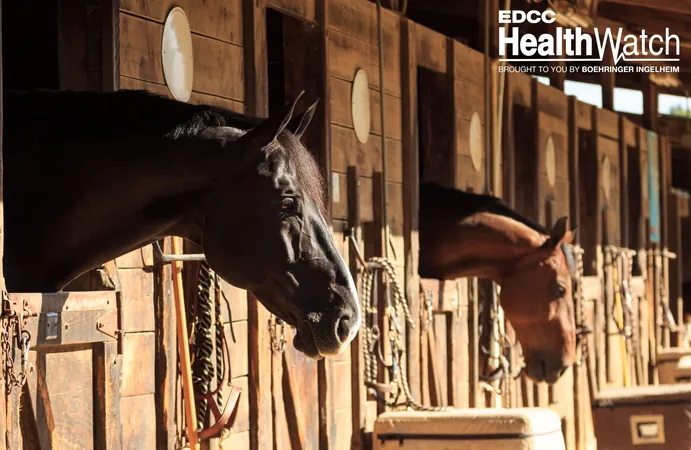
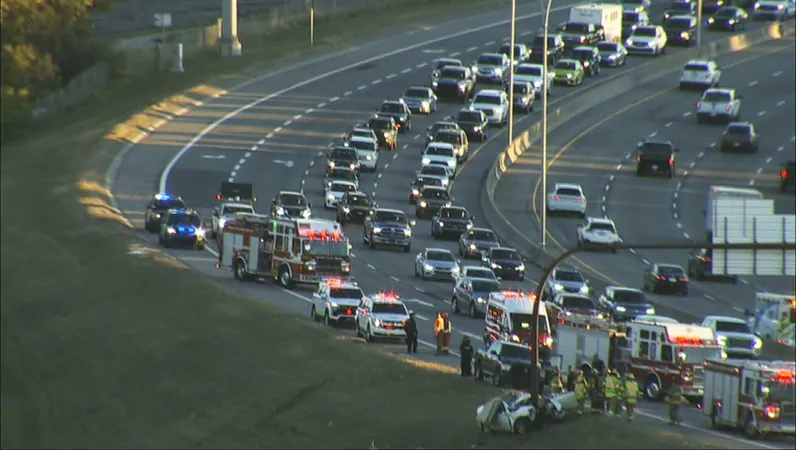

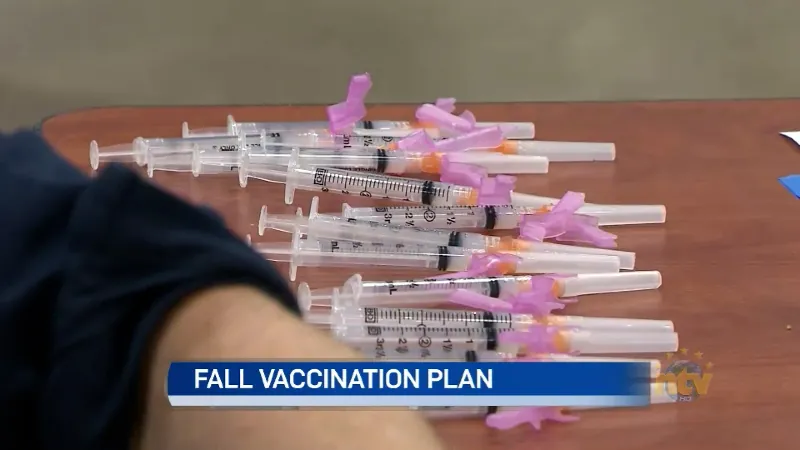
 Brasil (PT)
Brasil (PT)
 Canada (EN)
Canada (EN)
 Chile (ES)
Chile (ES)
 España (ES)
España (ES)
 France (FR)
France (FR)
 Hong Kong (EN)
Hong Kong (EN)
 Italia (IT)
Italia (IT)
 日本 (JA)
日本 (JA)
 Magyarország (HU)
Magyarország (HU)
 Norge (NO)
Norge (NO)
 Polska (PL)
Polska (PL)
 Schweiz (DE)
Schweiz (DE)
 Singapore (EN)
Singapore (EN)
 Sverige (SV)
Sverige (SV)
 Suomi (FI)
Suomi (FI)
 Türkiye (TR)
Türkiye (TR)